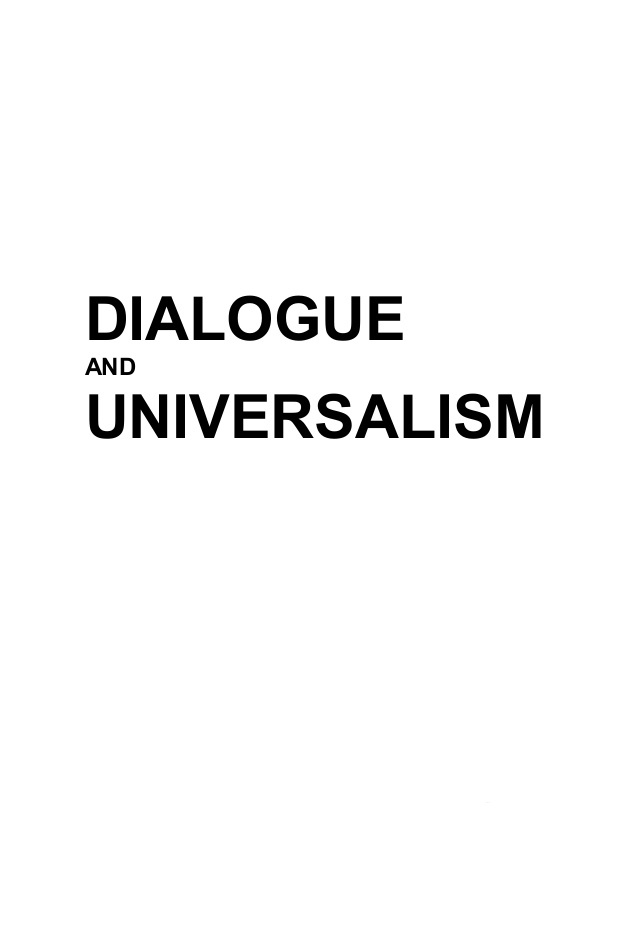JEAN-JACQUES ROUSSEAU IN THE CONTEXT OF THE ENLIGHTENMENT AND THE CONTEMPORARY ERA
JEAN-JACQUES ROUSSEAU IN THE CONTEXT OF THE ENLIGHTENMENT AND THE CONTEMPORARY ERA
Author(s): Halina WalentowiczSubject(s): Philosophy
Published by: Instytut Filozofii i Socjologii Polskiej Akademii Nauk i Fundacja Filozofia na Rzecz Dialogu
Keywords: Enlightenment; rationality; nature; culture; history
Summary/Abstract: Jean-Jacques Rousseau is a special personage in the history of Enlightenment philosophy and European thought in general. This is so, because, on the one hand, he propounded ideas that were typical for the Enlightenment and greatly influenced his contemporaries—after all, it was he who inspired Kant with the idea of the autonomy of the will as a source of moral and juridical law, a conception which became the foundation of Kantian practical philosophy—but on the other criticised many popular ideas of his day, which from our contemporary perspective appear to have been the superstitions of the Enlightenment period. Rousseau rejected the uncritical apology of (universalistically understood) reason together with the “ethical universalism” professed by rationalists since Socrates. In his claim that human history ran in a circle (from nature in its primeval purity to nature as the expression of civilisational decay), he contested the Enlightenment’s widespread belief that it was a linear, continuous, cumulative and by nature unchangeably progressive process. Because of his transgression of the Enlightenment paradigm, Rousseau is sometimes considered to have been the first modern philosopher. And, in my opinion, rightly so, because his thought stood ahead of its time, and in many ways anticipated contemporary philosophy. I believe that especially the Frankfurt School owes a lot to his achievements. Rousseau’s thought already carried the main seeds of critical theory: the intertwinement of progress and regression over human history, emphasis on the mastering of nature and the destruction of the human element in the course of civilisational evolution, a social-historical (and not purely theoretical, as in Kant’s case) critique of reason for the sake of reason and not from the position of irrationality. Long before Max Horkheimer and his associates at the Institute of Social Research, and even ahead of Sigmund Freud, he saw reasons to ambivalently evaluate the results of human self-creation and to highlight the regressive tendencies present in human history.
Journal: Dialogue and Universalism
- Issue Year: 2021
- Issue No: 2
- Page Range: 185-210
- Page Count: 26
- Language: English

